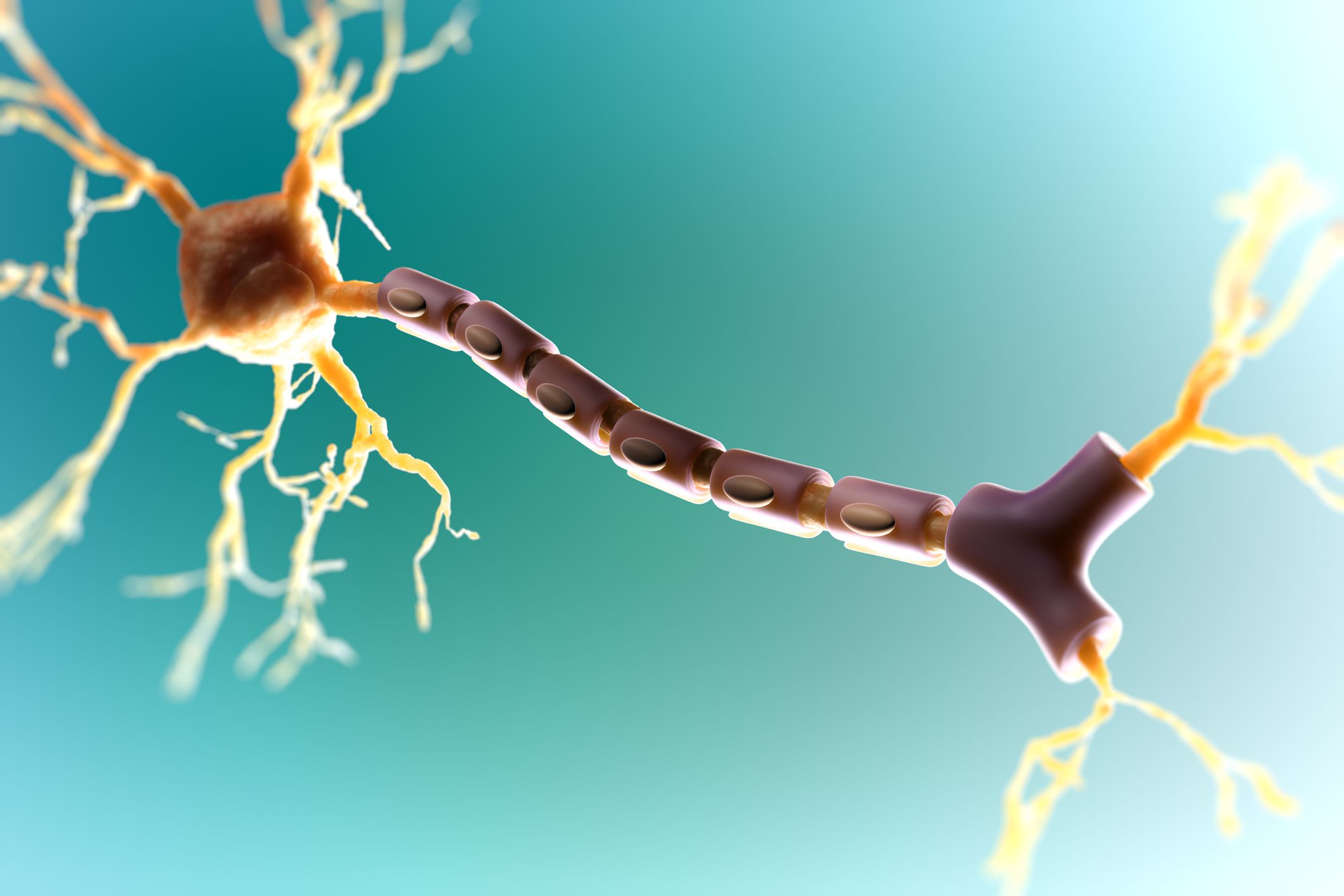According to research by experts at the University of California, Berkeley and the University of California, San Francisco, increased myelination of axons in the brain’s gray matter was identified within areas related to memory.
For the study, the brain imaging scans of 38 participants, half of which suffered from PTSD, were examined. Increased myelination was found primarily in the gray matter of the participants with PTSD.
The results were publicized in Translational Psychiatry.
“In this study, we utilized a translational approach to test the hypothesis that gray matter oligodendrocytes contribute to traumatic-stress-induced behavioral variation in both rats and humans,” said Kimberly Long and her colleagues in the findings.
“We exposed adult, male rats to a single, severe stressor and used a multimodal approach to characterize avoidance, startle, and fear-learning behavior, as well as oligodendrocyte and myelin basic protein (MBP) content in multiple brain areas.”
The study uncovered a link between symptoms of PTSD and increased myelination in specific regions of the gray matter upon examining the brain imaging scans.
“These findings provide a novel biological framework to understand how individual variance in persistent sensitivity to traumatic stress arises.”


